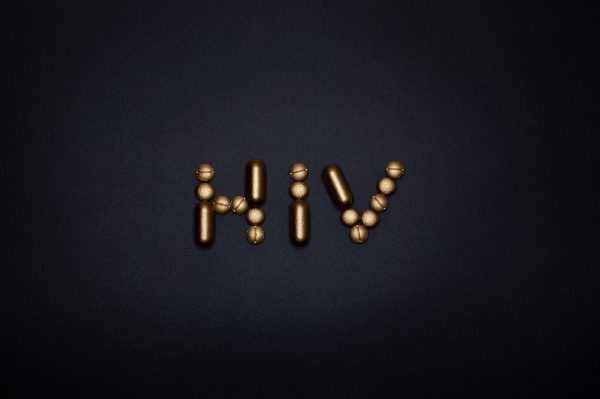Researchers from four prestigious US universities, including Rockefeller University and Columbia University in collaboration with two major German universities, announced on Thursday, through the American scientific journal ” Nature “, the discovery of an effective antibody naturally produced by the organism that would counteract the HIV virus.
The study was originally conducted on a patient who had found the infection for just four weeks and prolonged it also in the following years with the aim of having a general picture of the evolution of the virus and the reaction of the organism.
The answer was not long in coming; at a prolonged distance from the infection, the body is able to produce a series of antibodies that contrast the virus, the CH103 antibodies . These proteins would be able to hinder the growth of the virus by blocking its rooting ability against CD4 cells. In this way the presence of viral strains in the blood of infected subjects would be drastically reduced up to 300 times during a time span of about a month.
Among the antibodies renamed “highly neutralizing” one in particular was isolated, the antibody 3BNC117 , which would be effective on over 50% of the viral strains of the HIV virus.
The super antibody was then tested on a number of HIV positive subjects who showed encouraging results. The 56-week observation revealed that the body reacts well and there appear to be no side effects.
The human organism naturally produces the super antibody after a few years from the infection in 20-30% of cases, the problem however remains in the fact that in that phase the virus is already powerful and well rooted in the organism and therefore despite the remarkable efficacy shown , is not enough to completely defeat the disease.
Despite the problem of time, the discovery has brought a wave of optimism and researchers have guessed that this is the right path for the definitive remedy. By managing to isolate and adapt the virus in the laboratory it is possible to create an effective contrast, which can be administered promptly before the disease has had an unrecoverable course.
Research: the study of CH103 antibodies
The researchers are also convinced that the isolation and study of CH103 antibodies could reveal the ways in which the human organism initiates its production, thus allowing even to create a vaccine capable of preventing infection. Laboratory experimentation has already started with the set goal of cloning the super antibody and its molecules and starting experimentation on the organism.
The research is not new in this field, numerous experiments carried out in this sense have been conducted in the hope of recovering ground compared to one of the most serious diseases of the 21st century, but all the studies carried out so far had reported rather vain results and unsatisfactory.
